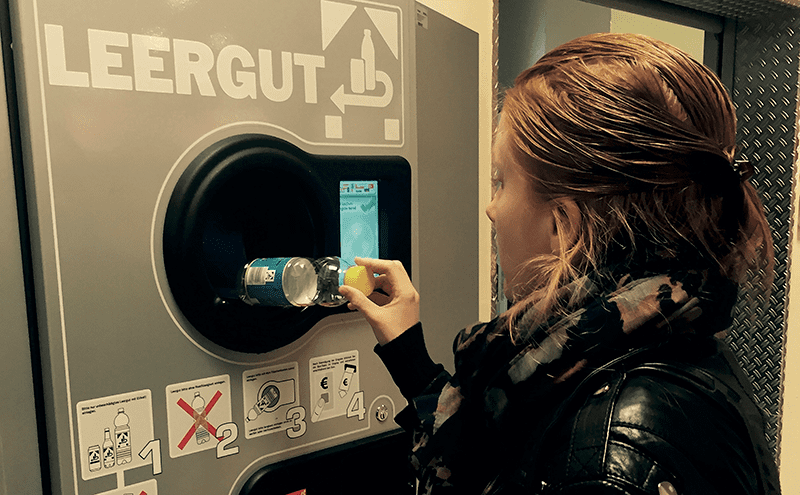
A bottle deposit return scheme in Scotland would cost retailers upwards of £40m just to set up, according to Zero Waste Scotland.
The data was released by the government-funded environmental agency as part of its final summary of evidence gathering into the potential impact of a deposit return scheme in Scotland.
As well as summarising the potential impact on litter and consumer behaviour that DRS could have, ZWS calculated it would cost retailers £40.7m to set up.
Annual running costs of £44.5m would be borne by manufacturers.
The numbers were arrived at by scaling down the set-up costs of the deposit return scheme in Germany.
The report qualifies its figures by stating: “All assumptions around cost are heavily dependent on system design. It is hard to move the discussion on manufacturer and retailer costs forwards without a clearer understanding of system governance and design options.”
The Scottish Government has now asked Zero Waste Scotland to investigate design options.
Environment secretary Roseanna Cunningham said: “I am grateful to Zero Waste Scotland for its work so far on deposit return and to everyone who provided evidence to help us better understand the benefits of deposit return for recycling and reducing litter, and potential impacts on retailers and local authorities.
“Clearly there are a number of issues for the Scottish Government to consider when it comes to deposit return schemes that can only be addressed by carrying out work to understand the design of a potential system. I have asked Zero Waste Scotland to start this work.”
Trade bodies including the SWA, SGF and SRC have voiced concern over the news.
SWA executive director Kate Salmon said: “We are disappointed that the Scottish Government has decided to move to the next stage of modelling potential schemes. Zero Waste Scotland’s own figures show the disruption of the existing kerbside recycling system would result in only marginal benefit of £3-6m in terms of direct reduced litter costs for local authorities.”
Ewan MacDonald-Russell, SRC head of policy and external affairs, said: “We know this scheme will be hugely expensive for retailers, costing tens of millions to install reverse vending machines, cannibalising profitable floor space for unprofitable waste machines, disrupting operations and hugely inconveniencing customers.
“In fact, the costs are clear. What is still uncertain is whether such a scheme will significantly improve overall recycling rates.”






















